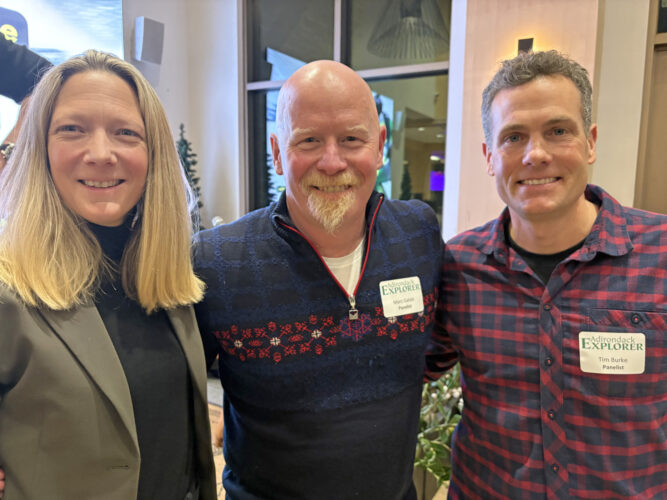MARTHA SEZ: ‘The easy, carefree days of summer are numbered’
“In August in Mississippi there’s a few days somewhere about the middle of the month when suddenly there’s a foretaste of fall, it’s cool, there’s a lambence, a soft, a luminous quality to the light, as though it came not from just today but from back in the old classic times …”
— William Faulkner, writing about his novel “Light in August”
My dear friend Lorie, who died almost eight years ago, felt the same way I did about the light in August. As Faulkner knew, its slant is different. It presages the end of something.
It is hard to believe, let alone accept, that the days of August run out like so much beach sand through an hourglass stem. Why every year this should be so hard for me to believe I do not know. I calculate that the entire month of August takes about the same amount of time to elapse as a single Sunday afternoon in February.
Oh, we love August, the early apples, the burgeoning annual garden flowers, as they rush to produce seeds to ensure their genetic immortality, the Queen Anne’s lace along the roadsides, even the goldenrod — but we know the easy, carefree days of summer are numbered.
The slant of the light in August is gradually transitioning from the intense, direct light of summer towards the less direct light of autumn, as our Northern Hemisphere gradually tilts away from the sun.
Here in Keene, there’s a point in August when the intensity of the heat diminishes. It’s cold when you wake up in the morning. In the higher elevations, some of the leaves are already turning. If we can trust the weather forecast, it looks as if the heat wave we had during the earlier days of the month has dissipated, and we will have cooler temperatures for the rest of August.
Harvest season is definitely in full swing at the farmers markets. You’ll find stone fruits including peaches and plums, tomatoes, corn, peppers, cucumbers and much more. Along with all of the fresh local fruits and vegetables, every year at this time my kitchen becomes home to a cloud of irritating fruit flies.
Why do I even mention this to my friend Darla? I know that she will invariably tell me — as she just did — “oh, I never have any problem with fruit flies. I rinse out all of my bottles really well.” I know that Darla is telling the truth; and I can’t rationalize that she doesn’t cook, because she does. I’ve fashioned a clever fruit fly trap, but have no illusions about its efficacy. Just wait until I start making cider next month!
In Massachusetts, my daughter, Molly, has seen her first cicada in years. They are the big, strange looking bugs — so-called true bugs, in the order Hemiptera — that leave their exoskeletons clawing the trunks of trees when they emerge.
Periodical cicada species emerge from underground every 13 or 17 years. Massachusetts has one active brood, labeled XIV, which emerged early this summer after not being seen since 2008. This brood was also one of the earliest observations of cicadas, recorded by Governor Bradford in 1624.
Dog day cicadas, the most common kind in Massachusetts, emerge every one to two years, in July and August. This was probably the kind Molly saw, since August is a little late for a 17-year cicada. Intrigued, she showed it to her son, Jack.
“What did Jack think of it?” I asked.
The reason I wanted to know was that, when Jack was visiting me in Keene Valley last July, he took exception to a June bug that was blundering around on the deck. June bugs are large brown beetles that launch themselves into the air, flying headlong without seeming to have any clear idea of where they want to go. Obviously not designed for flight, they just crash into any object in their path and fall to the ground, where like as not they lie on their backs waving their legs helplessly in the air.
On another occasion, Jack, who luckily was wearing shoes, announced with obvious satisfaction that he had stepped on a bee. When his sister, Emma, objected that the bee hadn’t been doing anything to Jack, he said darkly, “It was thinking about it.”
So what did Jack make of the cicada? “He thought it was gross and was annoyed I showed it to him,” Molly said.
So not a budding entomologist, then.
Have a good week!
(Martha Allen, of Keene Valley, has been writing for the News since 1996.)


